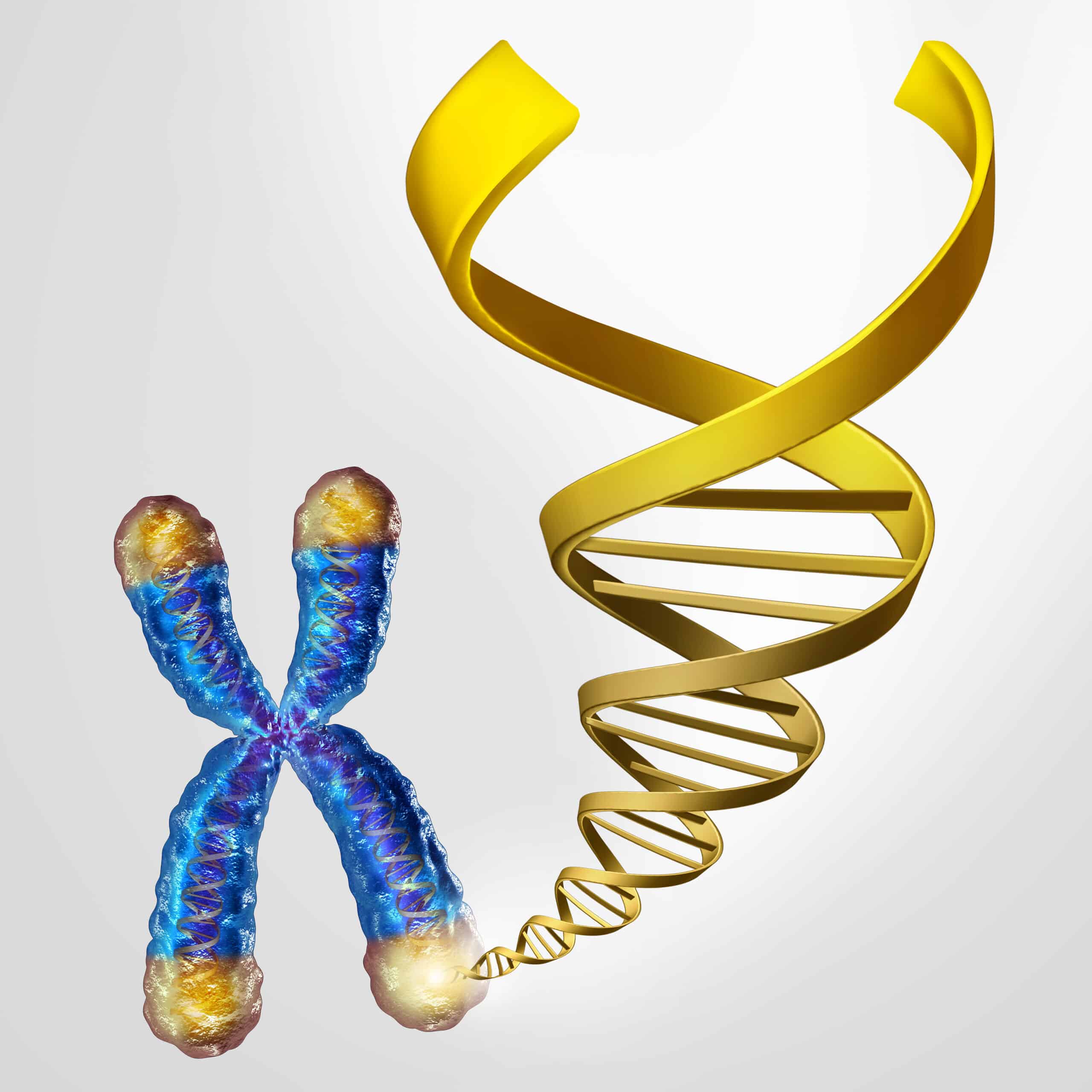The aging process begins as soon as we are conceived into this world and it progresses further each and every day. With age, we change, and the older we get the more pathological changes occur ranging from heart weakness to reduced metabolic activity, and unfortunately, this process is irreversible, at least for now if science has anything to say in the matter.
These age-related changes happen for a variety of reasons such as certain cellular cleansing processes no longer function as well as they once did resulting in the accumulation of damaging zombie cells. Cellular cleansing or autophagy can be thought of as a recycling system breaking down and reusing damaged components of the cell to help keep it healthy and protect them from disease. The problem is that autophagy begins to falter with the passing years with age.
A group of researchers, neurophysiologist, molecular biologists, and nuclear physicians led by Professor Evgeni Ponimaskin of the Institute of Neurophysiology at the Hannover Medical School suggest that they have found a way to revive this ever-important autophagy process, using the body’s own spermidine substance to have a genuine anti-aging effect.
Spermidine is found within every cell in the body, however, the concentration of this substance decreases with age. This study investigated how prolonged administration of spermidine affects organs that are commonly affected by aging as well as the process through which this occurs.
In this study published in the journal GeroScience, spermidine was administered to aged mice for 6 months, results showed these treated mice to have experienced significantly anti-aging effects compared to the untreated and age-matched control mice. The treated animals also had significantly less age-related hair loss than the control group having hardly any bald spots on their back which is typical for older mice.
“Spermidine supplementation ensured that the animals developed less kidney and liver damage and exhibited a better performance-enhancing glucose supply in the brain,” explains Ponimaskin, the study leader.
The researchers made note of the protective effect of spermidine on the heart, finding cardio-protective effects related to the reduced shortening of telomeres in heart tissue. Telomeres are important, providing cap-like protection from degradation at the end of chromosomes in our cells. Chromosomes carry genetic information, each time a cell divides the end shortens a little, which shortens the telomere caps, and at a certain point, they become so short that programmed cell death sets in. The protective findings could have long-term implications against age-related disease in humans in the future.
“The telomeres in spermidine-supplemented mice were similar in length to those in young animals,” says Professor Ponimaskin.
Based on this study this substance activates autophagy in our cells, breaking down invading pathogens, defective proteins, and cell components that are no longer functional. Spermidine is an endogenous, natural substance that was first discovered in male seminal fluid, but it is known to exist in all body cells and certain intestinal bacteria. It can also be obtained in food such as wheat germ, cheese, legumes, and soy products.




